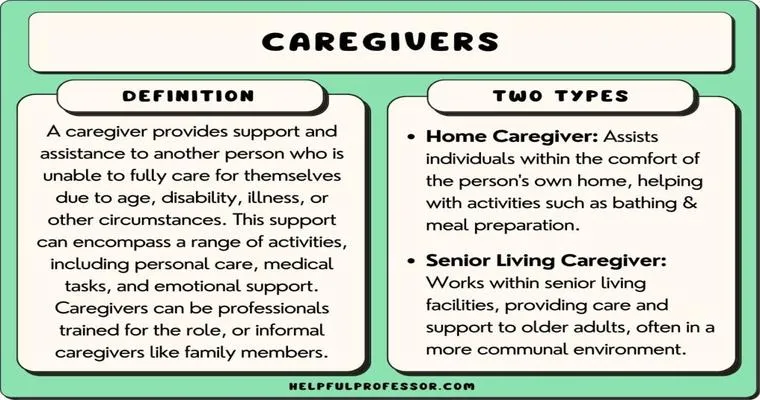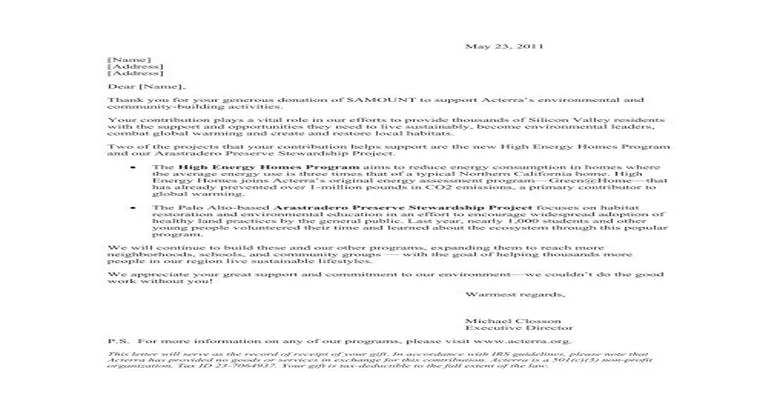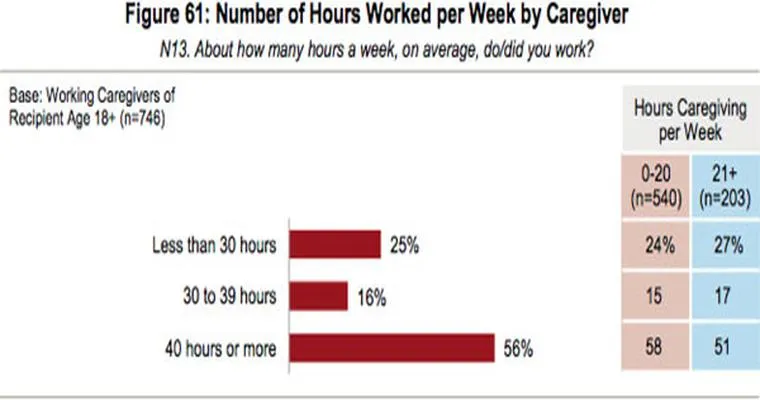Being a "caregiver" is a rewarding yet challenging role that involves providing physical, emotional, and sometimes financial support to individuals who need assistance. Whether you are caring for a "family member" or a professional client, having access to the most useful information can make a significant difference in your caregiving journey. This article aims to provide valuable insights and resources that can help enhance your skills and improve the quality of care you provide.
One of the most important aspects of caregiving is understanding the "needs" of the person you are caring for. This includes not only their physical requirements but also their emotional and psychological well-being. Taking the time to communicate effectively with your loved one can help you better understand their preferences and needs. Active listening is a crucial skill that allows caregivers to build trust and rapport, making it easier to provide the necessary support.

Another vital piece of information for caregivers is understanding the available resources in your community. Many local organizations offer support services specifically tailored for caregivers and their loved ones. This may include respite care, support groups, and educational workshops. Utilizing these resources can help alleviate some of the stress associated with caregiving and provide you with a much-needed support system.
Time management is essential for caregivers, as it can often feel overwhelming to balance caregiving responsibilities with personal life. Creating a structured daily schedule can help you allocate time for caregiving tasks, self-care, and social activities. Prioritizing tasks can also be beneficial. Focus on what needs to be done immediately and what can wait. This approach not only helps in managing your time efficiently but also reduces burnout.

Moreover, self-care is a crucial aspect that caregivers should never overlook. Taking care of your own physical and mental health is vital in ensuring you can provide the best possible care. This includes staying active, eating a balanced diet, and ensuring you get enough rest. Engaging in hobbies or activities that you enjoy can also serve as a great way to relieve stress and recharge your energy.
Technology can also play a significant role in facilitating caregiving tasks. There are numerous apps and online tools designed to assist caregivers with medication management, appointment reminders, and tracking health information. Familiarizing yourself with these technologies can not only streamline your caregiving responsibilities but also enhance communication with healthcare providers.

Finally, never hesitate to ask for help. Whether it's from family members, friends, or professional services, seeking assistance is not a sign of weakness but rather a proactive approach to ensure quality care for your loved one. Sharing responsibilities can lighten your load and provide you with more time to focus on your own well-being.
In summary, being a caregiver comes with its own set of challenges, but arming yourself with the most useful information can significantly improve your experience. By understanding the needs of those you care for, utilizing community resources, managing your time effectively, prioritizing self-care, leveraging technology, and seeking help when needed, you can become a more effective and fulfilled caregiver. Your dedication and compassion make a world of difference, not just for those you care for but also for yourself.





